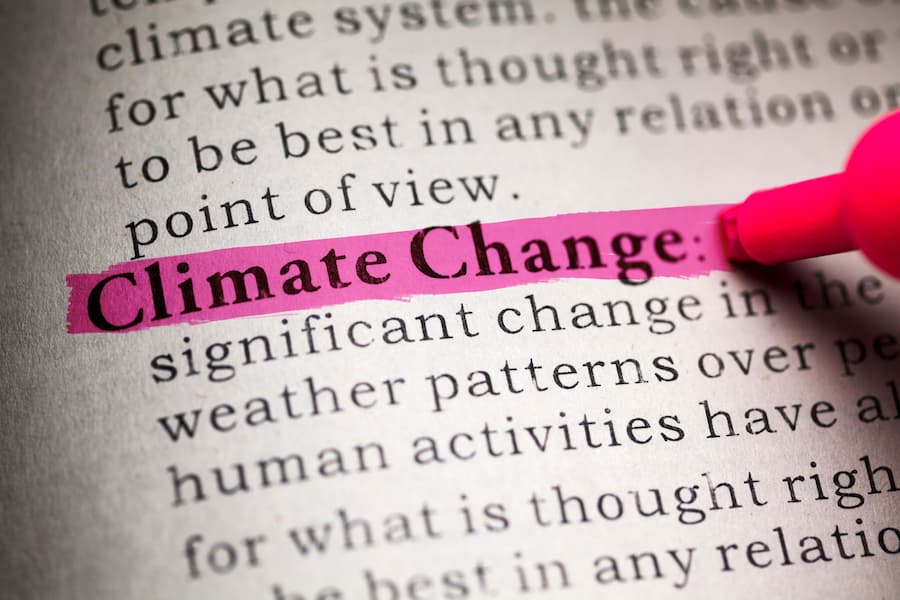Climate Change Glossary
The Climate Change Glossary will provide you with all the important terms you need to know regarding climate change.
This current page will direct you to different pages in the main website that contains these terms.
You may also search a term:
Climate Change Glossary - Anything Missing?
If there is a term in the glossary that you can't find, contact us.
We are committed to making the Climate Change Guide a comprehensive and user-friendly resource for everyone interested in learning about climate change. Our goal is to continually expand and update our glossary to cover all aspects of climate science, policy, and action. By reaching out to us with terms or concepts not currently included, you're not only enhancing your own understanding but also contributing to the enrichment of this resource for the broader community. We value your curiosity and eagerness to learn, and we encourage this interaction as a vital part of our collective learning process. Your input helps us ensure that our glossary remains a relevant, accurate, and inclusive tool for all users, aiding in our shared mission to foster a well-informed public ready to take action in the fight against climate change.
Why a Glossary?
In an era defined by the urgent need for action against climate change, the dissemination of accurate and comprehensible information is pivotal. Since its inception in 2011, the Climate Change Guide has served as a beacon for those seeking to understand and engage with the complexities of climate change. The addition of a climate change glossary to the website marks a significant enhancement in its mission to educate and empower. This glossary is not merely a collection of terms; it is a crucial tool that demystifies the scientific jargon and policy language surrounding climate change, making the subject accessible to a broader audience.
The importance of a glossary dedicated to climate change cannot be overstated. Climate science is a field replete with specialized terminology, from "anthropogenic" to "zooplankton." For the uninitiated, these terms can be daunting, creating a barrier to understanding and, crucially, to action. The Climate Change Guide's glossary breaks down these barriers. By providing clear, concise definitions, it enables readers from all backgrounds—students, policymakers, activists, and the general public—to grasp the essentials of climate science and the discourse around it. This understanding is the foundation upon which informed decisions and meaningful conversations about climate action are built.
Moreover, the climate change glossary serves as an anchor in a sea of misinformation. In today's digital age, where anyone can publish their thoughts online, misinformation about climate change is rampant. A reliable glossary acts as a reference point, offering verified definitions that readers can trust. This trust is crucial in fostering a well-informed community that is resilient against the tide of climate denialism and skepticism.
The glossary also enhances the educational value of the Climate Change Guide. Education is a powerful tool in the fight against climate change, and understanding the terminology is a prerequisite for delving deeper into the subject. For educators and students alike, the glossary is an invaluable resource that supports learning and teaching, enabling the incorporation of climate education into various curriculums and discussions. It facilitates a deeper engagement with the content on the website, ensuring that readers not only consume information but also comprehend and retain it.
Furthermore, the climate change glossary acknowledges and respects the diversity of its audience. Climate change is a global challenge that affects every corner of the planet. By simplifying complex terms, the glossary ensures that language does not become a barrier to understanding. This inclusivity is vital for building a global coalition of informed individuals who are ready to take action against climate change. It embodies the spirit of the Climate Change Guide's mission to make climate knowledge accessible to all, reflecting a commitment to inclusivity and empowerment.
In conclusion, the climate change glossary on the Climate Change Guide website is a testament to the site's dedication to education, accuracy, and inclusivity. Since 2011, the Climate Change Guide has been a source of reliable information, and the addition of the glossary strengthens this role. It is a vital resource that empowers readers to navigate the complex landscape of climate science and policy, fostering a well-informed community ready to engage in meaningful action against climate change. As the world continues to grapple with the ramifications of a warming planet, resources like the Climate Change Guide's glossary are more important than ever, lighting the way toward understanding, engagement, and ultimately, solutions for a sustainable future.
You should also take a look at the glossary from NASA on Climate Change.
ChatGPT was used to help create this article
Further Reading and Sources
- Home
- Glossary
Join the Community and Newsletter (5000 Subscribers)
You can subscribe to my Substack Page or see the archives of previous posts. More great content coming soon!
Recent Articles
-
Climate Change Guide
Apr 23, 24 12:36 PM
The Climate Change Guide is your guide to a more sustainable future, and will provide you with all relevant information on mankind's greatest challenge. -
Climate Presentations by Climate Reality
Mar 03, 24 12:17 AM
You can see great climate presentations by Climate Reality. They can be customized for different audiences. -
Make the Planet Great Again!
Mar 02, 24 11:33 PM
We need to make the planet great again! We will build a solar wall along the Mexican border and make the fossil fuel industry pay for it! -
Historical Climate Change News
Mar 02, 24 11:25 PM
This section includes historical climate change news you should know about. These articles span several different topics and will help you stay up-to-date.




